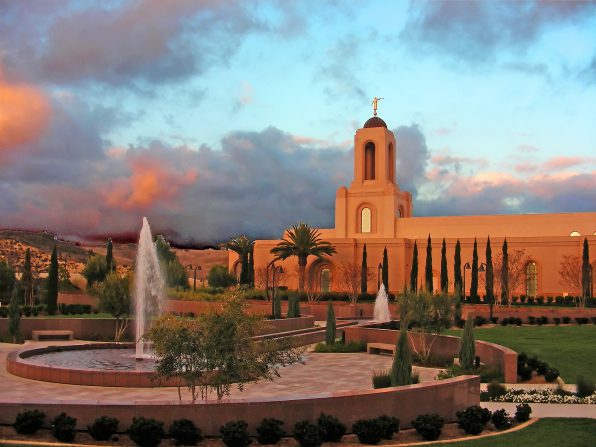
There are two broad ways of viewing the Book of Mormon: One holds it to be bogus and proposes some kind of naturalistic explanation for its existence. The other accepts it to be what it claims to be and, thus, necessarily entails what can rather crudely be termed a “supernatural” explanation for it.
There are, in my judgment, good arguments against the first alternative and for the second. (If I didn’t think so, I wouldn’t be a communicant and believing Latter-day Saint.)
But there is a kind of hybrid middle option that, I confess, I find somewhat more difficult to counter. Not because I have any real doubts on the matter but because arguments of the kind I typically deploy seem somewhat irrelevant to this position. Here are some preliminary notes on it, from one of my manuscripts-in-progress:
Thus far, we have been discussing hypotheses that might, at least transiently, be considered by anyone contemplating the puzzle of the Book of Mormon. Now, however, we leave atheists and naturalists behind and approach a realm that only those willing to entertain the possibility of what might be termed, somewhat problematically, “supernatural” power can enter. Acceptance of any of these three hypotheses seems to entail the rejection of naturalism.
The first circle of this realm is the one I have called “Supernatural but demonic.” Those who recognize that no naturalistic hypothesis can account for the historical data regarding the coming forth of the Book of Mormon, or for its seemingly strong links to antiquity and the Near East, but who still do not wish to take it as an authoritative spiritual guide, have this one last fall-back position. They can concede virtually every argument advanced by advocates of the Book of Mormon, but neutralize the Latter-day Saint case by noting that “Satan himself masquerades as an angel of light.”[1] In their support, they can cite the very words of Jesus regarding the last days: “Impostors will come claiming to be messiahs or prophets, and they will produce great signs and wonders to mislead even God’s chosen, if such a thing were possible.”[2]
Such an argument is difficult to counter. It is perhaps fair to point out that such people themselves might be among those deceived. They should not discount that possibility. We are all fallible. But it is also fair to ask whether God is the kind of being who would allow people like the Smiths and the Whitmers and the Cowderys and Martin Harris and others, who, the historical data clearly indicate, were sincerely and prayerfully seeking him, to be led astray to perdition. If so, how can we trust him in anything? How can any answer to prayer or understanding of scripture be relied upon? In the last analysis, though, advocates of the Book of Mormon must simply point to the test suggested by Jesus himself: “Beware of false prophets,” he said, “men who come to you dressed up as sheep while underneath they are savage wolves.” But he did not say, as he surely could have, that all claimants to prophecy after his day, without exception, would be marked by that very claim as false pretenders. Instead, he said,
You will recognize them by the fruits they bear. Can grapes be picked from briars, or figs from thistles? In the same way, a good tree always yields good fruit, and a poor tree bad fruit. A good tree cannot bear bad fruit, or a poor tree good fruit.[3]
Advocates of the Book of Mormon can perhaps be pardoned for maintaining that the fruit of the Book of Mormon, in changed lives, in hardships overcome, deserts tamed, and other regards, has been good, indeed remarkable. Those considering this issue will have to determine for themselves whether the doctrine, and the life led by those who accept it, tastes good. And, as the Latin saying goes, there is no disputing about taste.
[1] 2 Corinthians 11:14 (NEB).
[2] Matthew 24:24 (NEB).
[3] Matthew 7:15-18 (NEB).
Posted from Oceanside, California











